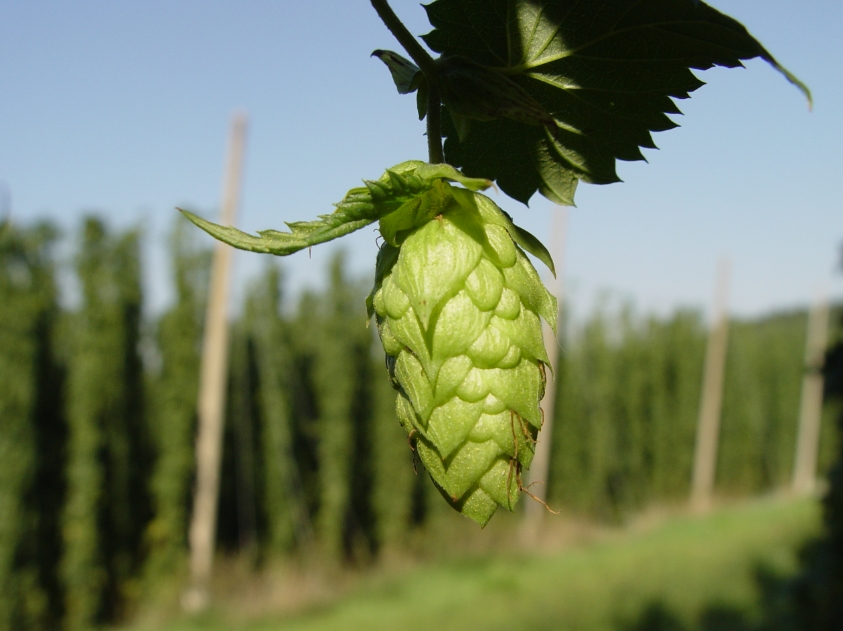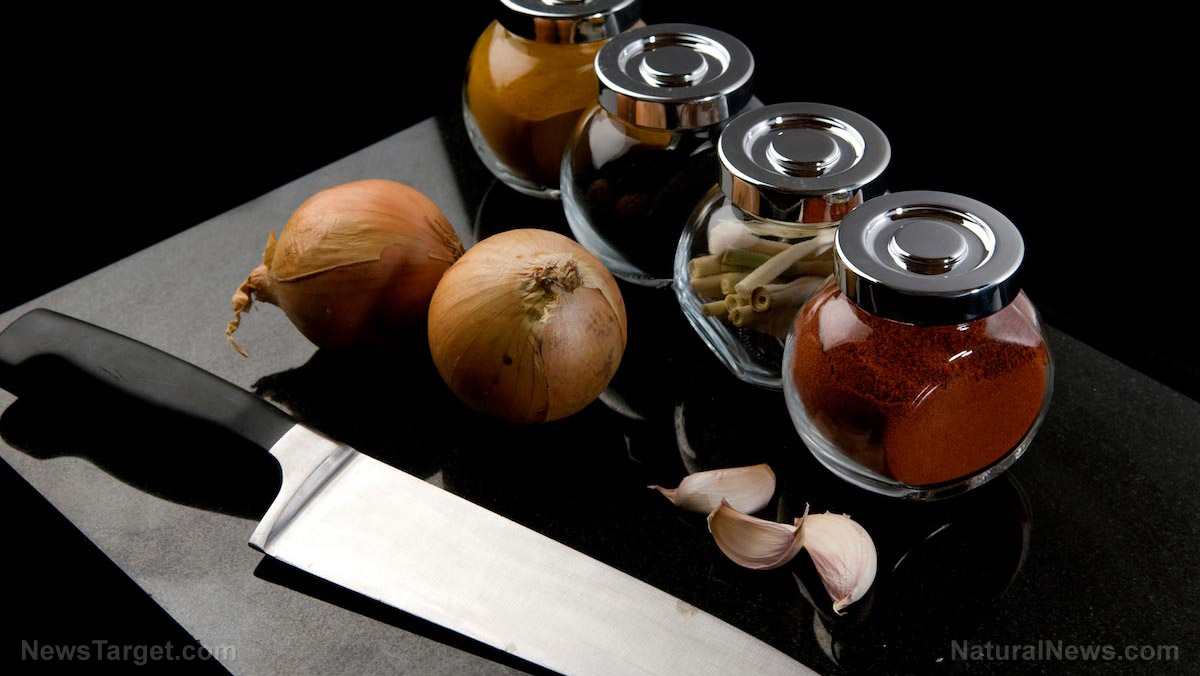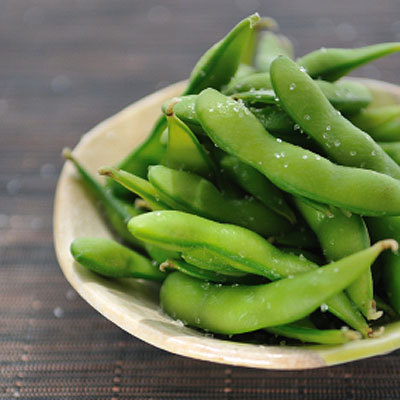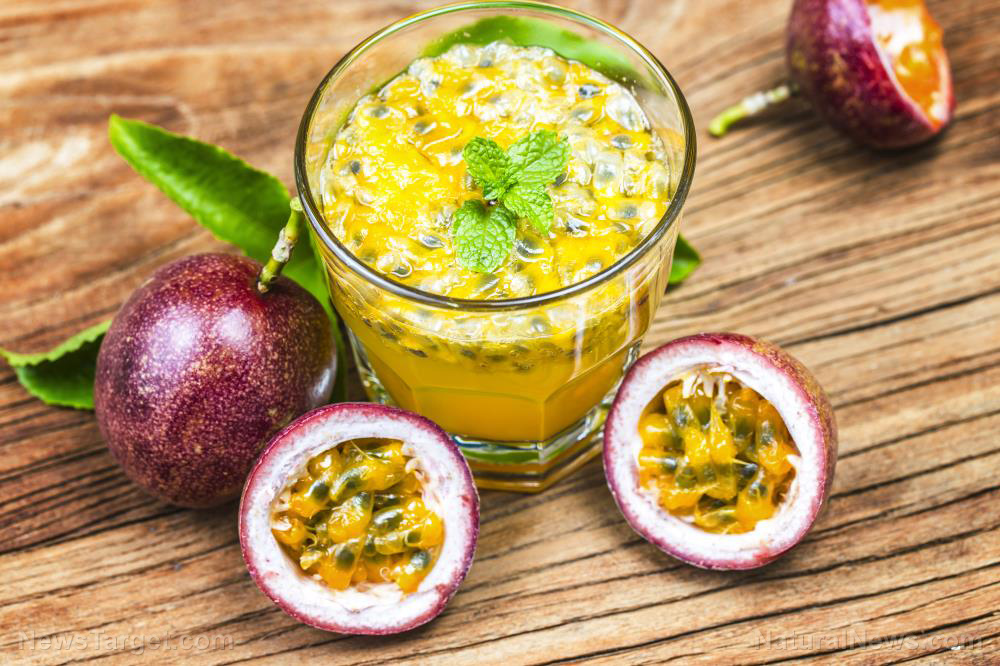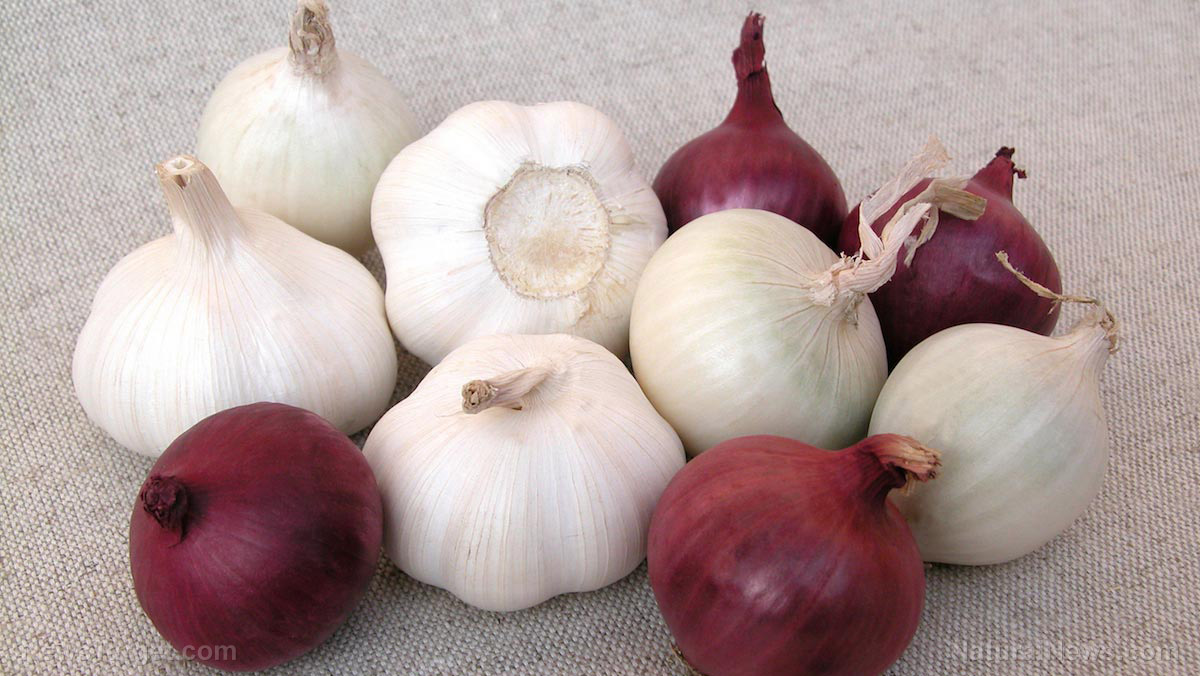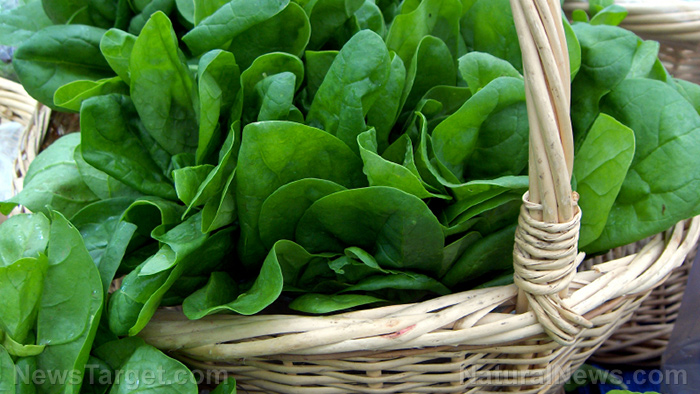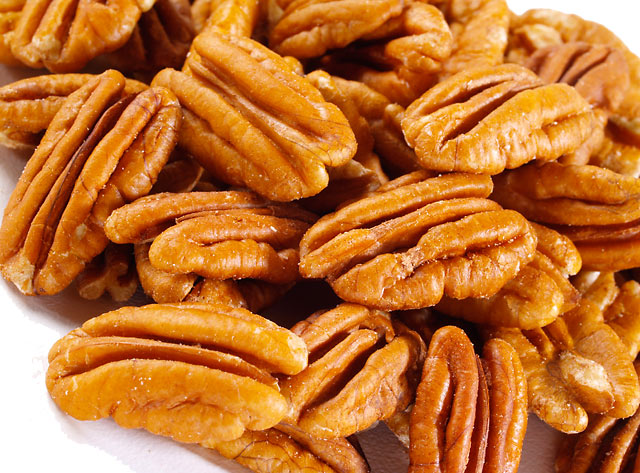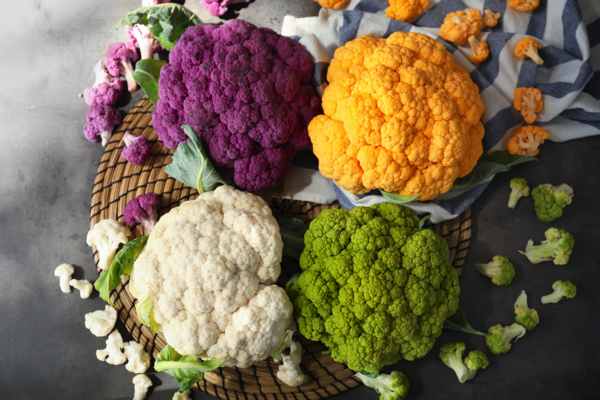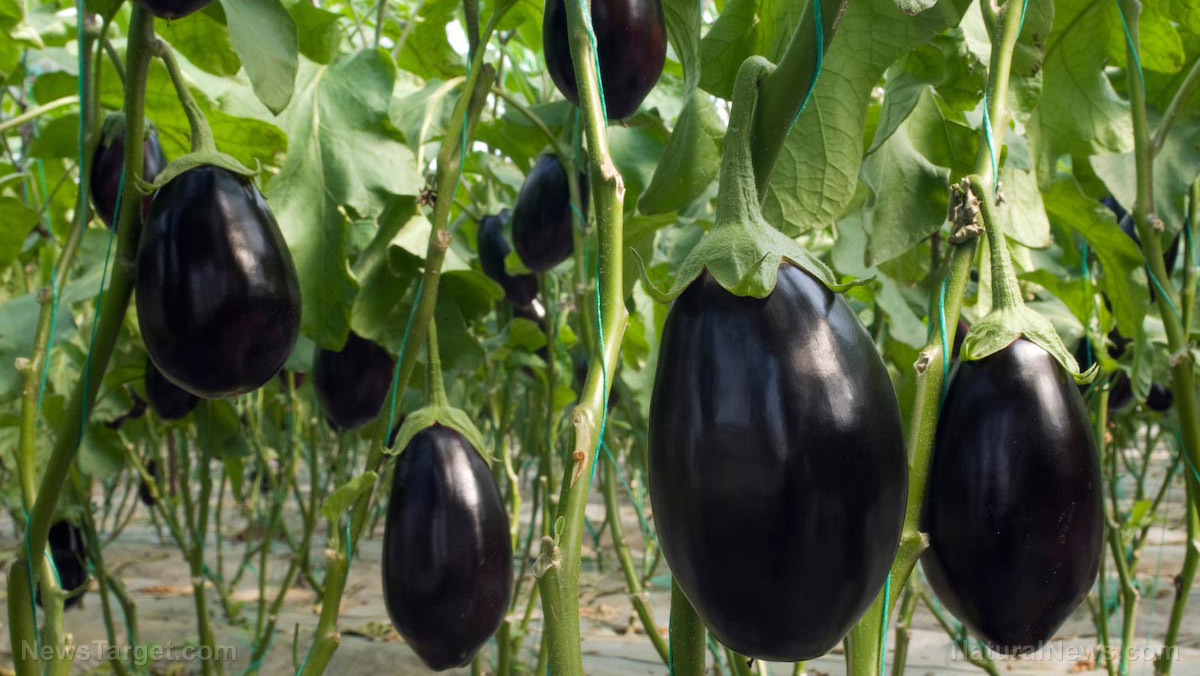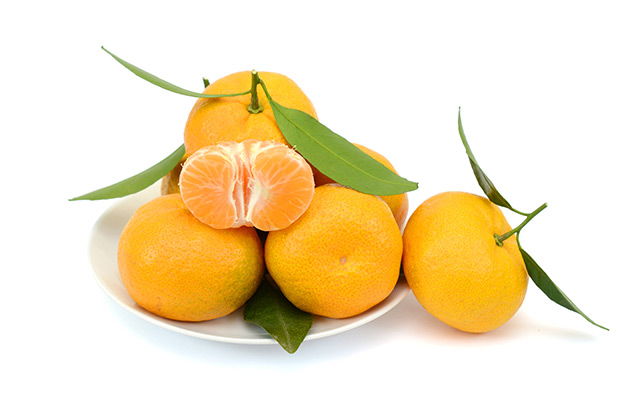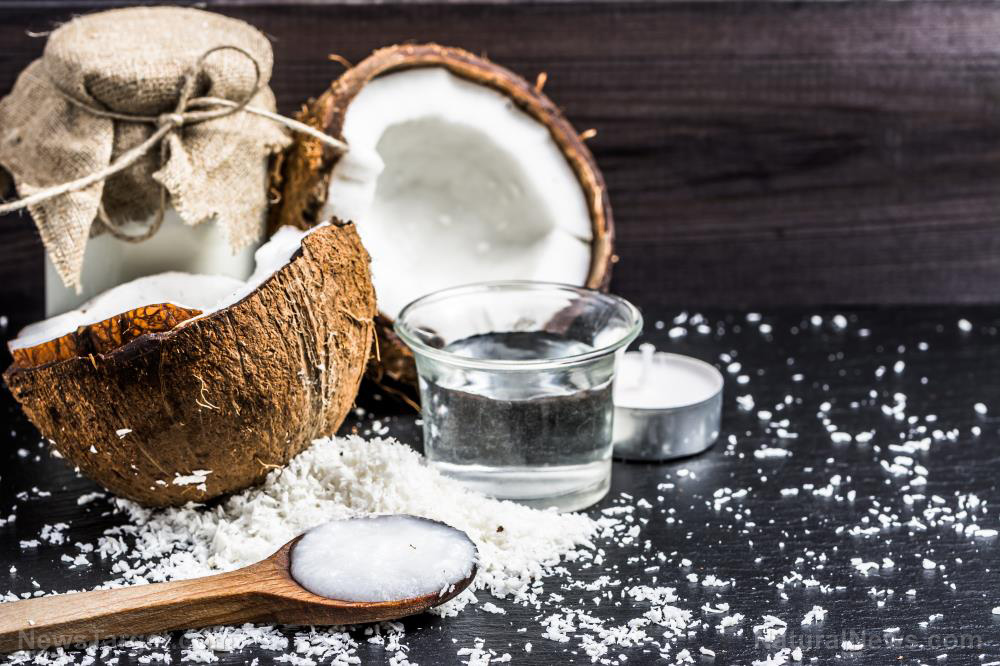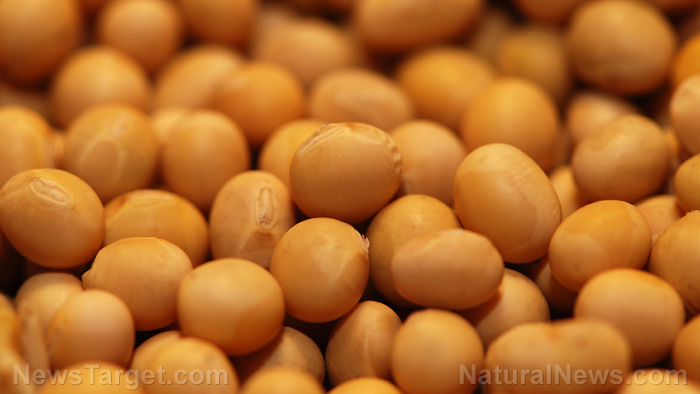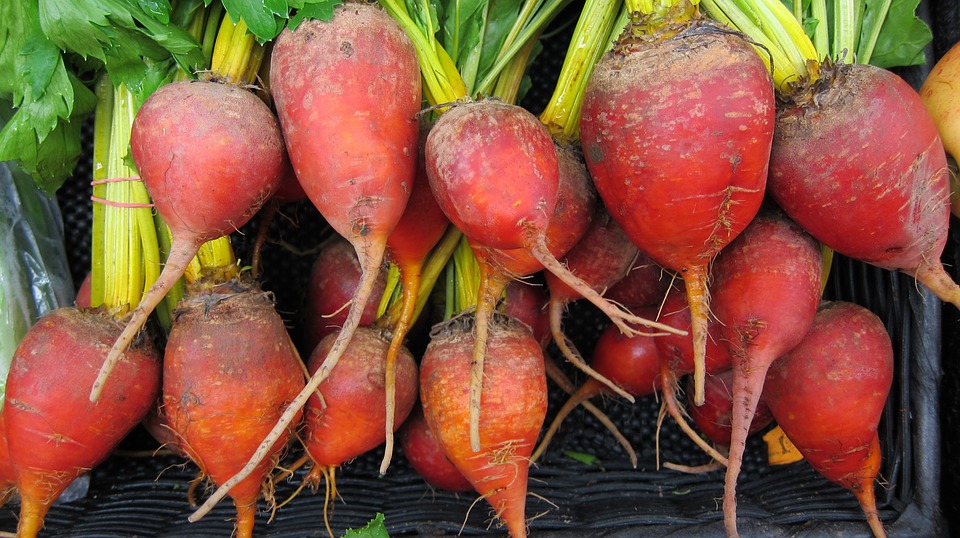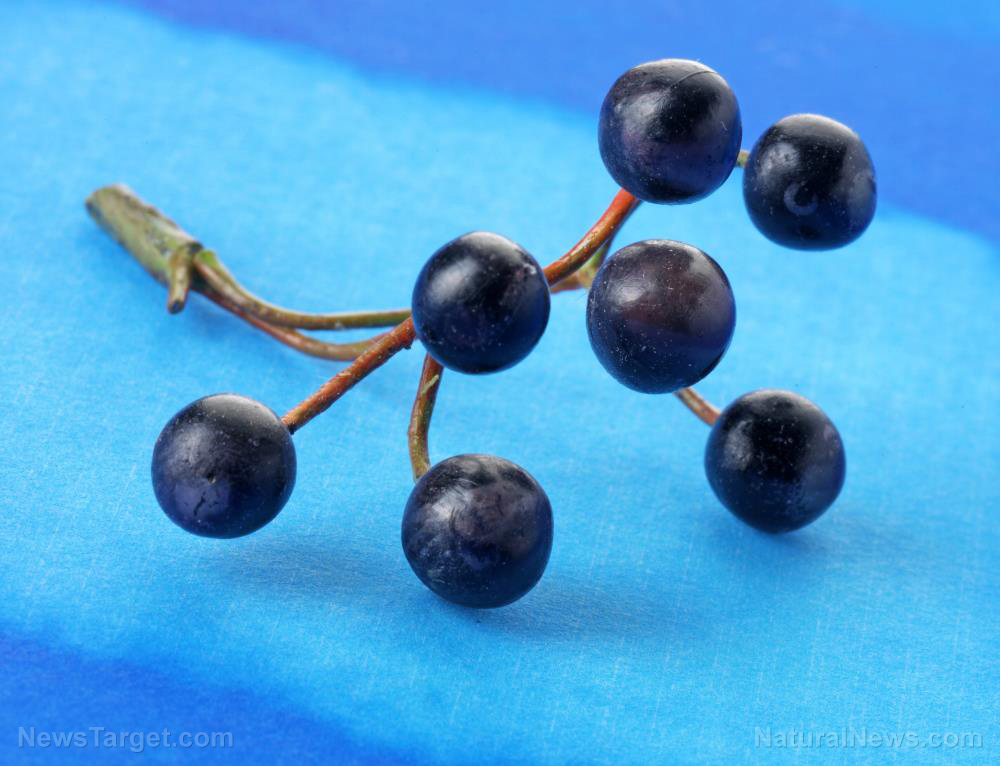Revolutionize your diet with pomegranate: The miracle juice for gut health and metabolism
03/30/2025 / By Willow Tohi

- The gut contains over 30 trillion bacteria, surpassing the number of stars in the sky, which play critical roles in metabolism, immunity, skin health and brain function.
- This “guardian” bacteria supports insulin control, reduces diabetes risk and is linked to lower obesity rates by improving metabolic health.
- Pomegranate juice (rich in ellagitannins) stimulates mucus production in the gut, creating an ideal environment for Akkermansia to thrive. Just 8 ounces daily can be effective.
- Pomegranate offers antioxidant effects, essential nutrients (vitamins E/K, magnesium), potential cancer prevention (prostate, breast, lung) and improved memory/cognitive function.
- Pure pomegranate juice is a simple way to boost Akkermansia and overall health, with options like diluted juice or extracts for convenience.
Your gut is a microbial galaxy of more than 30 trillion bacteria. Yes, you read that right: “That’s more bacteria in your gut than stars in the night sky,” world-renowned physician and researcher William Li, M.D., author of Eat To Beat Your Diet, recently shared on the MindBodyGreen podcast. These bacteria communicate with each other at all hours of the day to support different functions, like metabolism, immunity, skin health, brain health and so much more.
It can be overwhelming to reflect on the scope of your gut microbiome, but according to Li, “we’re beginning this expedition into the great unknown to discover the important bacteria.” One of those important discoveries happens to be a bacteria called Akkermansia muciniphila. “This one bacteria has been discovered to be a guardian of our health,” Li adds.
Why pomegranate juice is great for gut and metabolic health
“Akkermansia is a guardian,” says Li. “It helps insulin control—if you’ve got good Akkermansia working on your behalf, it actually lowers the risk of Type 2 diabetes. It also seems to influence body fitness.” He references a study in which high amounts of Akkermansia are associated with a lower risk of obesity. “That association is really important because of the role of Akkermansia and controlling your insulin and metabolism,” he adds.
Suffice it to say: This is one powerful gut bacteria. Yet despite the complex nature of your gut microbiome, it’s not too difficult to promote Akkermansia naturally. According to Li, all it takes is some pomegranate juice: “It turns out that certain kinds of polyphenols, ellagitannins, will actually prompt your gut to secrete more mucus,” he notes. And mucus serves as the “soil” this bacteria needs in order to thrive.
The science behind pomegranate and Akkermansia
Pomegranate and pomegranate juice contain these ellagitannins, which have been shown to stimulate the growth of Akkermansia in in vitro culture studies. Li recommends drinking an 8-ounce cup of pure pomegranate juice to get things grooving: “Two shot glasses worth is enough to get the mucus flowing in your gut,” he notes. Although, pure pomegranate juice can be pretty tart, which is why many commercial options often contain added sugar—and consuming refined sugar has its own gut health-related issues.
You could also, of course, munch on whole pomegranate seeds. But you’d have to eat a whole bunch of them to get a meaningful amount of the juice. As for pomegranate powders and extracts? “That will probably work as well,” Li says. “The research hasn’t been done to compare those things head to head, but I think you can have juice [or supplements].” It’s the ellagitannins in pomegranate that have the beneficial effect, which are present in pomegranate extracts.
The broader health benefits of pomegranate
Pomegranate isn’t just a boon for gut health; it offers a plethora of other health benefits:
- Antioxidant effects: Pomegranate is rich in polyphenols, which are powerful antioxidants. These antioxidants help reduce levels of reactive oxygen species (ROS), a type of free radical, in the body. High levels of ROS can lead to oxidative stress, resulting in cell damage and inflammation. Antioxidants help remove ROS and protect the body from damage.
- Nutrient boost: Pomegranate contains many nutrients and is a good source of vitamin E, vitamin K and magnesium. Vitamin E is an antioxidant, vitamin K is essential for blood clotting and magnesium helps manage blood pressure and glucose levels.
- Cancer prevention: The National Institutes of Health (NIH) list pomegranate as one of the natural remedies that may help treat or prevent prostate cancer. An older, 2014 research article notes that the polyphenols in pomegranate may aid in preventing the growth of cancer cells related to prostate cancer. In mouse studies, researchers linked pomegranate fruit extract with a reduction in prostate-specific antigen levels and the inhibition of tumor growth. Ingredients in pomegranate may also help prevent breast, lung and skin cancer.
- Memory and cognitive function: Drinking pomegranate juice every day may improve learning and memory. In an older study, 32 people consumed either 8 ounces of pomegranate juice or another drink for 8 weeks. After 4 weeks, those who consumed pomegranate showed better scores on memory tests. fMRI scans also revealed increased brain activity during these tests.
The takeaway
Plenty of foods can feed the healthy microbes in your gut. But if you’re looking to nourish Akkermansia muciniphila in particular, you might want to consider stocking up on pure pomegranate juice. Pour it over ice with a bit of sparkling water, and you’ve got yourself a refreshing, gut-healthy pomegranate spritz—or you can always opt for the supplement route if you’d like to maintain a daily dose of pomegranate.
In summary, the benefits of pomegranate extend far beyond gut health, making it a versatile and valuable addition to any health-conscious diet. Whether you’re sipping on pure pomegranate juice or taking a pomegranate supplement, you’re supporting your body’s vital functions and promoting overall well-being.
Sources include:
Submit a correction >>
Tagged Under:
This article may contain statements that reflect the opinion of the author
RECENT NEWS & ARTICLES
COPYRIGHT © 2017 SUPERFOODS NEWS

